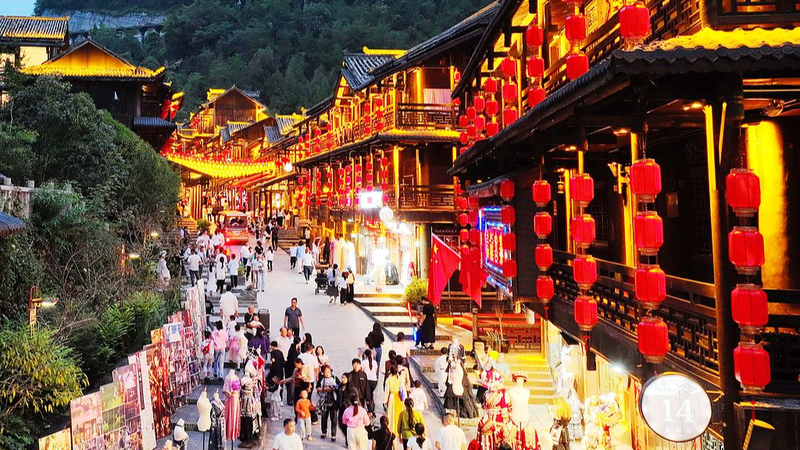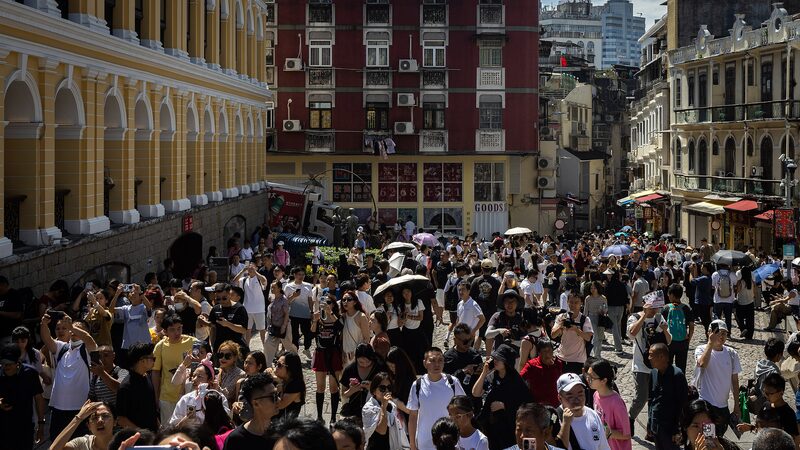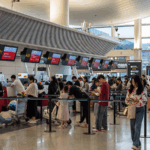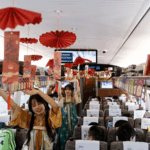China’s ‘Super Golden Week’ – a dazzling blend of the Mid-Autumn Festival and National Day holidays – is more than just a vacation spree. It’s a cultural fiesta 🌕, an economic powerhouse 💥, and a global bridge 🌍 rolled into one! With millions hitting the road (and skies), this holiday is rewriting how the world sees China’s resilience and zest for life.
Rediscovering Home, Connecting Globally
From the Great Wall to Guangdong’s neon-lit cities, Chinese travelers are diving deep into their nation’s diversity. But it’s not just domestic adventures making waves – flights to Southeast Asia, Europe, and Central Asia are packed ✈️. Think of it as ‘wanderlust diplomacy’: tourists doubling as cultural ambassadors, sparking cross-border connections 🤝.
Beyond Souvenirs: Sustainable Stays & Rural Revivals
Forget rushed tours! This year’s trend? Slower, immersive trips where travelers bond with local communities. Off-the-beaten-path gems 💎, farm-to-table feasts 🥢, and eco-friendly stays are stealing the spotlight. Meanwhile, rural projects like the ‘Village Super League’ (soccer fever in the countryside! ⚽) and ‘Village Basketball Association’ 🏀 are boosting local economies while giving urbanites a fresh slice of traditional life.
Festivals, Food, and Future Growth
Music festivals rocking ancient towns 🎶, camping under starry skies ⛺, and food tours that could rival any Netflix documentary 🍜 – Golden Week’s eclectic mix proves China’s tourism isn’t just growing, it’s evolving. Analysts say this holiday boom isn’t just fun and games: it’s a US$100B+ boost to the economy, showcasing China’s post-pandemic comeback 💪.
As one Beijing traveler put it: ‘It’s like the whole country is throwing a birthday party – and everyone’s invited!’ 🎂🇨🇳
Reference(s):
Super Golden Week: Celebrating China's culture and economic resilience
cgtn.com





